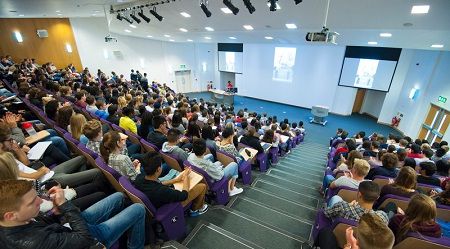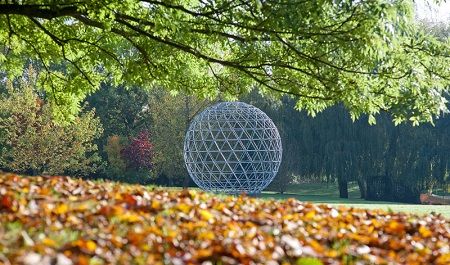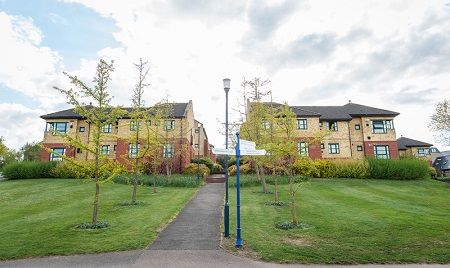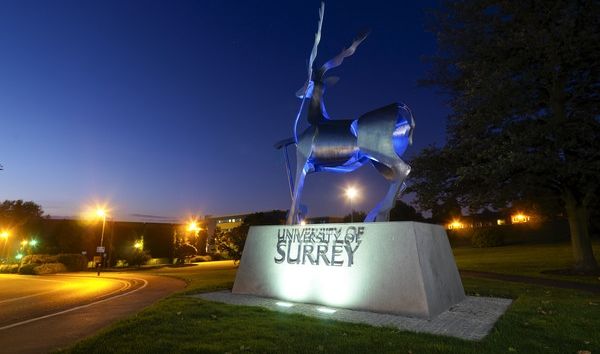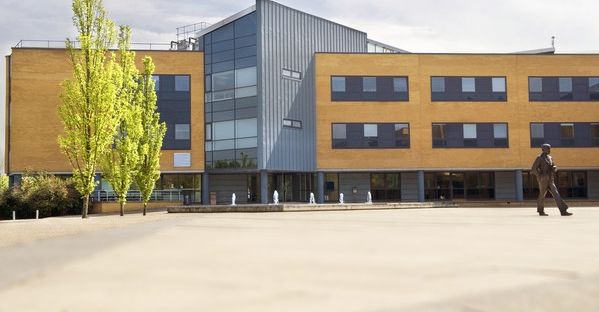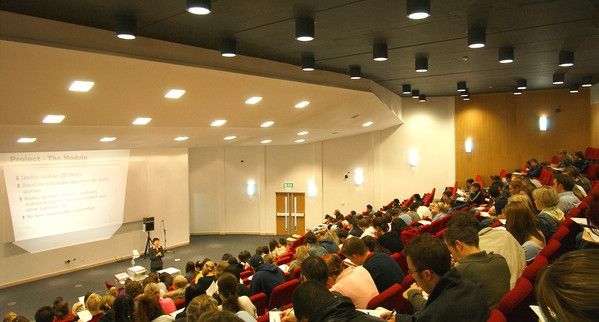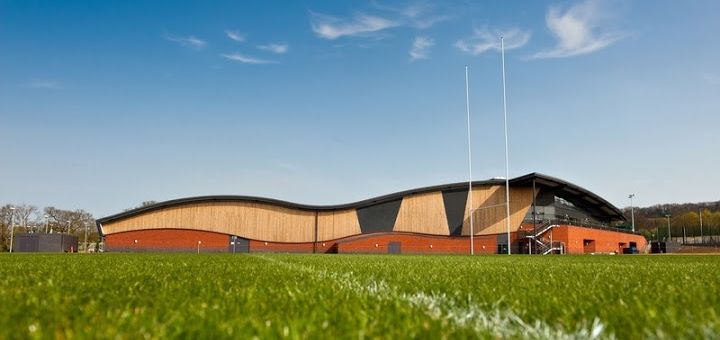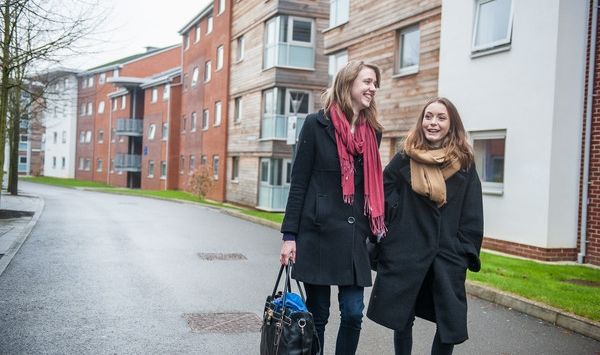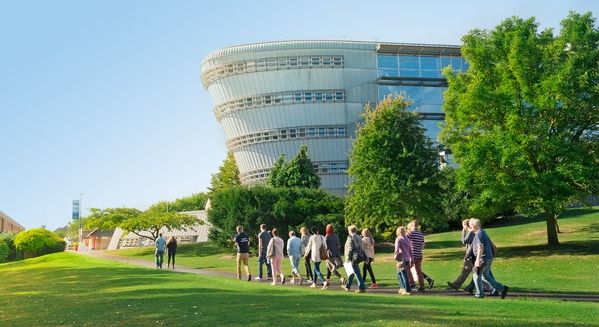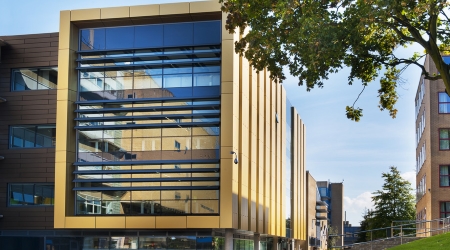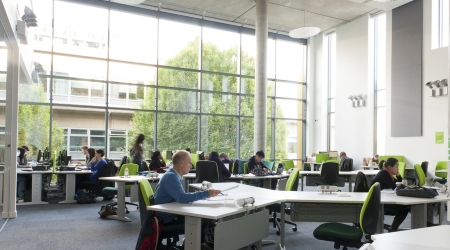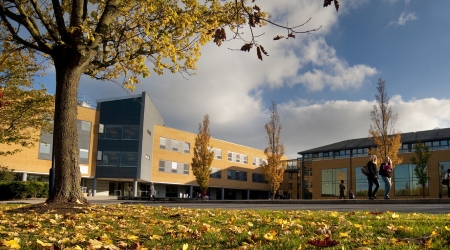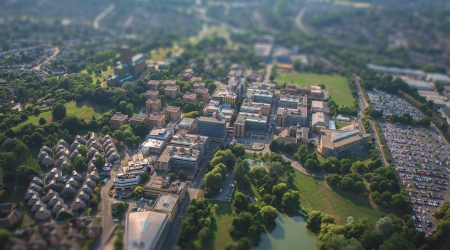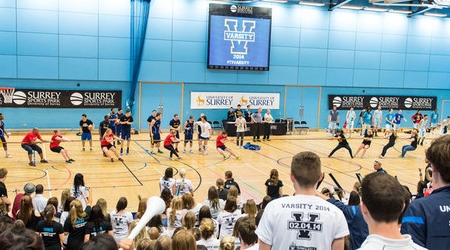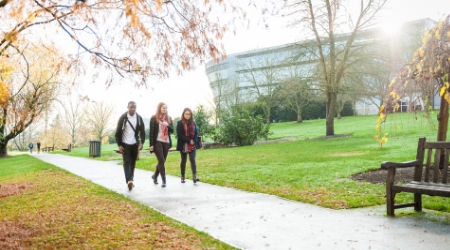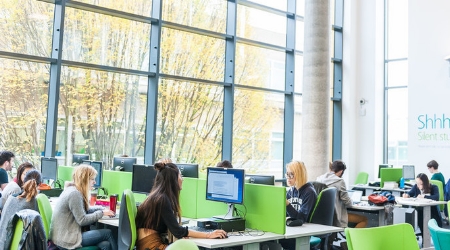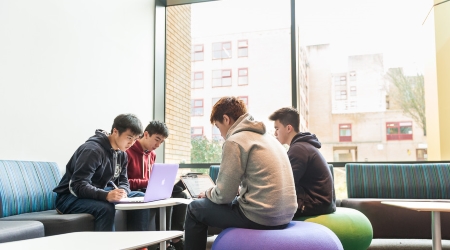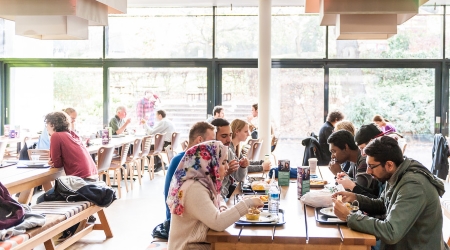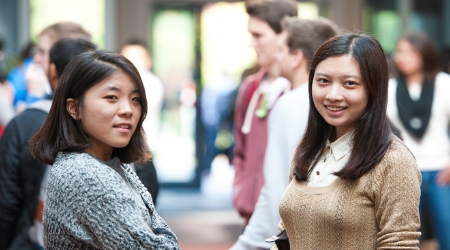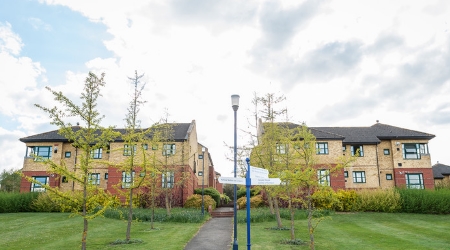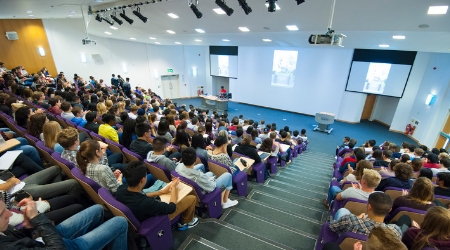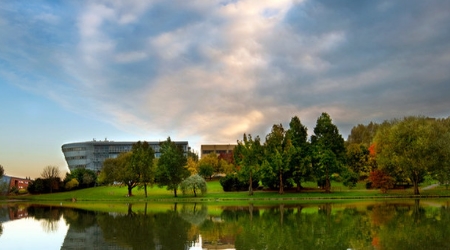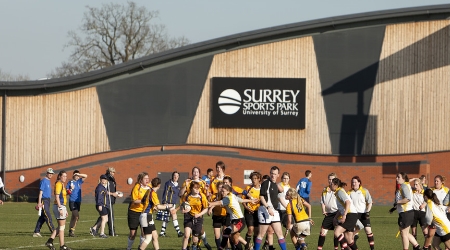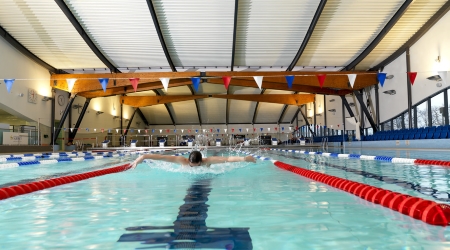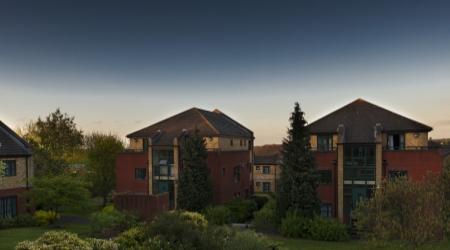Electronic engineers produce the next generation of computers, satellites and mobile communication systems, and the University of Surrey is positioned at the forefront of these developments.
With the University's brand new 5G Innovation Centre, four internationally leading research centres and partnership (in collaboration with University of Strathclyde) with the National Physical Laboratory, your time with Surrey will enable you to become an expert in your specialism.
From revolutionary approaches in spacecraft design and ingenious communications systems to nanostructures with incredible properties and the manipulation of light itself, the University's research in electronic engineering is at the most exciting edge of technological innovation.
Through consistent investment stemming from our deep commitment to world-class, sustainable research programmes, the Department of Electrical and Electronic Engineering has built up an impressive infrastructure to support all its activities.
The interdisciplinary nature of much of our work encourages us to constantly explore new opportunities to cross boundaries, providing you with truly world-class opportunities.
Programme Overview
There are around 300 PhD students within the Department and most of our doctoral research is offered by our PhD.
The Department also has an EPSRC Centre for Doctoral Training on Applications of Next Generation Accelerators in collaboration with the Universities of Strathclyde and Huddersfield, and Queen’s University Belfast.
The quality of the University's research is recognised by prestigious prizes from industry and government bodies (both British and international). We have a strong track record of funding from UK research councils and the European Union.
Why not discover the experiences of past and present students studying the subject, including Tom Wantock, Soheyl Soodmand and Charles Malleson?
In recent news, one of Surrey's PhD students' research efforts was recently praised by the Saudi ambassador to the UK and another PhD student won a Silver Medal at the International Astronautical Congress.
Research areas, centres and groups
- Advanced Technology Institute (ATI) - dedicated to advancing next-generation electronic and photonic device technologies
- Institute for Communication Systems (ICS) - formerly the Centre for Communication Systems Research (CCSR) - the largest academic research centre in the UK specialising in information and communication technology
- Centre for Vision, Speech and Signal Processing (CVSSP) - one of the largest UK research centres in audio-visual signal processing and interpretation
- Surrey Space Centre (SSC) - the world’s leading research centre for small, low cost space missions
- Ion Beam implantation, analysis and applications
- Nanoelectronics
- Photonics
- Radio air interface
- Internet of Things
- Future internet protocols and architecture
- Cognitive networks and cognitive radio
- Radio access system optimisation
- Security
- Knowledge and data engineering
- Computer vision
- Video analysis and processing
- Speech and audio analysis and processing
- Machine intelligence
- Medical image analysis
- 3D video and audio
- Astrodynamics
- Autonomous systems
- Propulsion
- Robotics
- Space engineering and satellite applications
- Theory and computation
- Satellite communications and networks
Facilities
The University offers state-of-the-art facilities in many areas, including:
- Clean-rooms for the development of nanotechnology
- Ground-station for monitoring of satellites
- EPSRC National Centre for Ion implantation and Ion-beam applications
- Supercomputers for advanced mathematical modeling
- Multiple camera broadcast studio facilities
- Professional audio-visual production suite
- Multimedia laboratories
- RF and wireless test facilities
- Internet of Things experimental facilities
- Complete 4G/5G testbed
- Broadband satellite network testbed
- State of art computing and software packages



